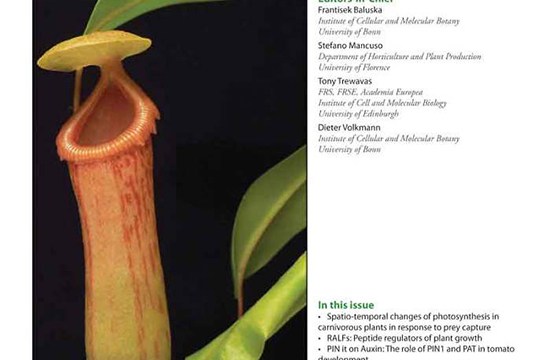
linkedin post 2020-10-12 04:01:45
PRIORITIZATION. "Plants are able to integrate and simultaneously process multiple stimuli and prioritize their responses." http://www.tandfonline.com/doi/full/10.4161/psb.5.11.13243#abstract View in LinkedIn


